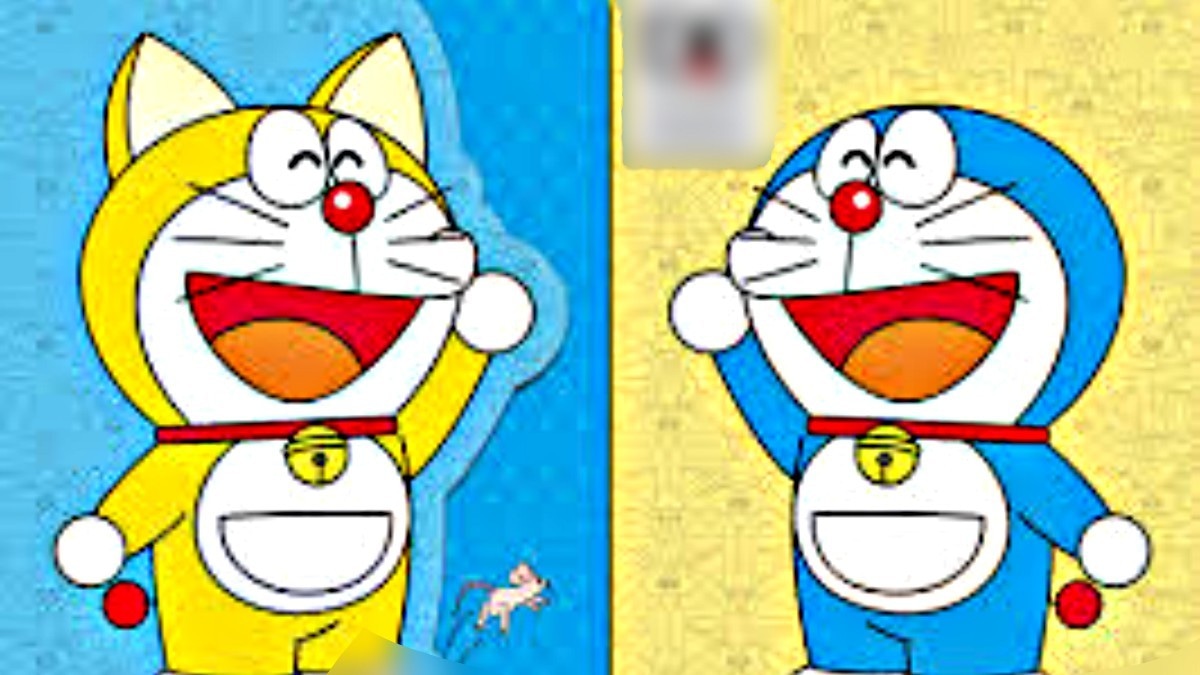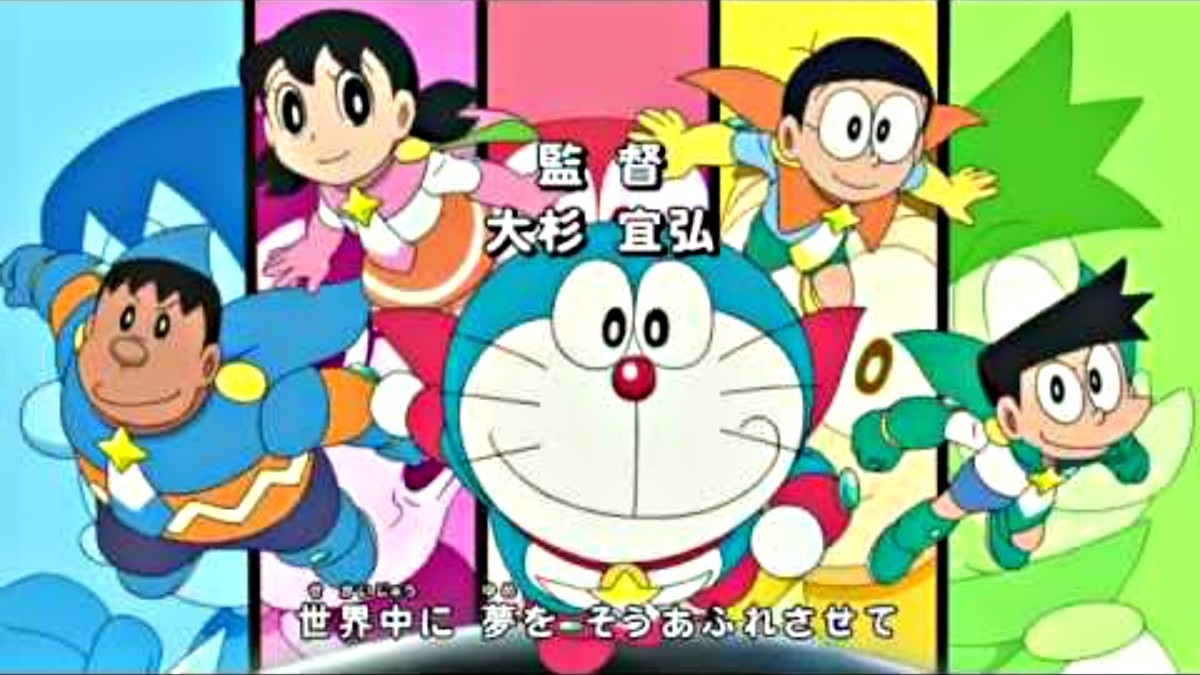7 reasons why Doraemon is a threat to Pakistan
If you have kids, be they your own or those that you babysit, you're familiar with Doraemon.
Doraemon is a Japanese anime character; specifically, a robot sent back in time to help better the life of a man named Nobita. The two form a close bond and every episode sees Nobita with a new problem and Doraemon with a new gadget to help him solve it.
When Disney bought the rights to Doraemon, perhaps they did so with the intention of playing nothing but Doraemon on their channel. At least, that's what it feels like. The channel airs back-to-back episodes of the show, and children just keep lapping up scenes of the witty Doraemon helping Nobita.
But is that all there is to this show? With the latest proposal by Pakistan Tehreek-e-Insaaf to ban Doraemon, we have finally started to understand that this show is not innocent at all. It could lead to (more) utter chaos in the country.
We bring to you all the ways Doraemon is a big threat to our society.
1) Doraemon is a problem solver

Exposure to characters like Doraemon could have kids believing that whenever they encounter a problem... they might just be able to fix it!
Yes, we can't have our children develop into critical thinkers. They might just grow up and find ways to battle extremism, or... corruption.
The best solution is to ban any cartoon that negates the inertia we've become accustomed to.
2) Doraemon's little sister is stronger than him

A positive role model for girls watching at home, gasp!
Dorami instills dangerous ideas like 'women can be just as strong as or stronger than men' in the minds of our sweet innocent children. Can you imagine the revolution that could take place in Pakistan!?
We already have women reclaiming public spaces, we can't risk it any further. Lives are at stake here! Think of your families!
3) Doraemon was originally yellow

This is a disguise! This character is definitely a spy. How can we trust a creature that changes its colour? This just tells children that it's okay to change yourself and your looks!
Tabdeeli? Who wants that?
4) Nobita is just a kid wanting to enjoy his childhood

This Nobita character is a very troublesome fellow. He skips chores, doesn't want to study, and behaves like a regular nine-year-old.
Doesn't he realise that a life of toil and struggling for basic needs awaits him? How will he survive? How will the country progress?
If kids realise they are supposed to enjoy their youth, it's the end of life as we know it!
5) Doraemon is a robot

The problem with a cartoon featuring a robot as a hero is that it might just convince us technology is a force for good.
In a country where polio vaccines are shunned and so is contraception, where Amazon doesn't deliver and Paypal isn't a thing yet... where a certain public figure don't even want women to drive... surely technology must be demonized, right?
Down with Doraemon! Down with robots! They'll definitely spread discontent.
6) Doraeman is an icon

People love Doraemon. A lot. There's merchandise of it everywhere.
But what about our icons? What about Commander Safeguard? That guy kills germs! And the Knorr Noodle gang? There's food involved there!
We have our own culture of soap-men and noodle eaters and they are losing the attention to this cute little feline robot that fulfills children's dreams. Our own history will be lost; I mean it's not like we can create content that children will like. Ain't nobody got time for that! Doraemon must be destroyed!
And most importantly...
7) The theme song is too catchy

If you ever baby sat children, you may hear this song. You'll know it's the song because it will be stuck in your head long after the kids have left and in the wee hours of the night, you'll be humming it.
The sensitive delicate ears of our little ones will start preferring this to all the modern music we have to offer. Kids won't be listening to Billi, Butter Jawani or Chikni Chameli!
This theme song, with no adult themes or swear words, won't allow our kids to mature the way they should.
Disclaimer: this article is categorised as satire.













Comments